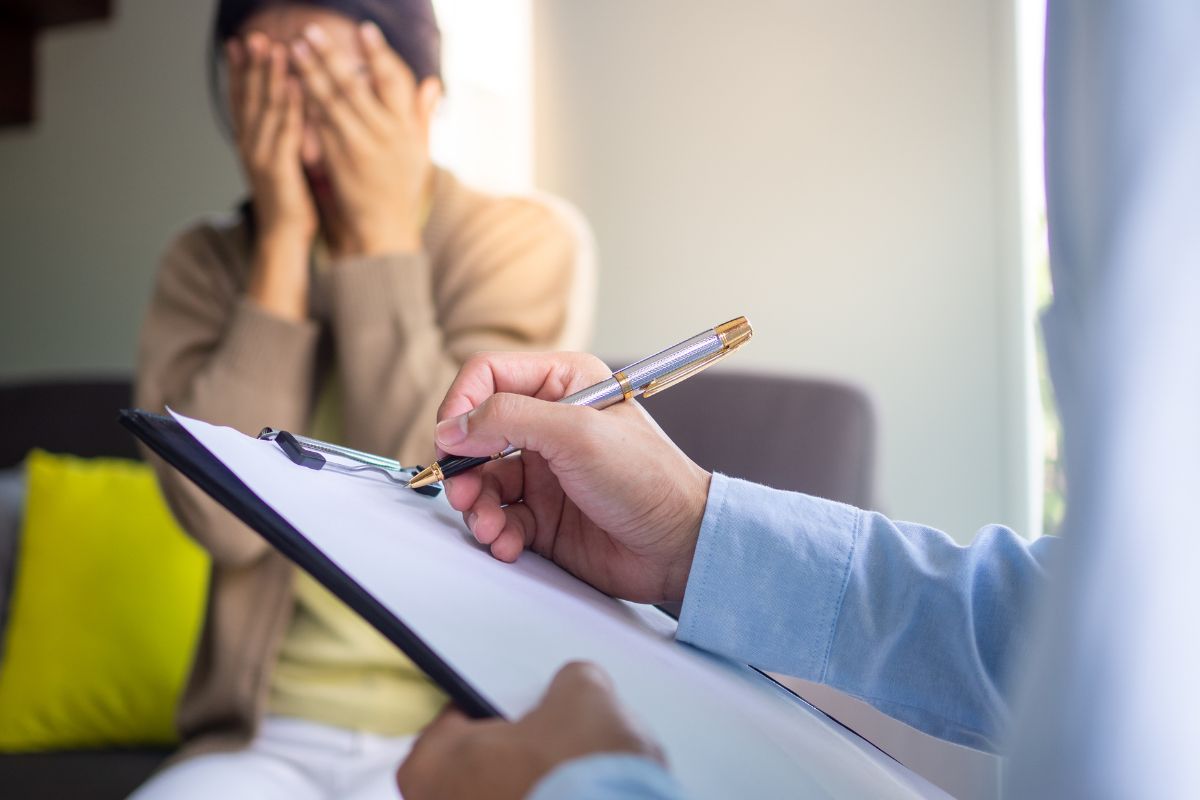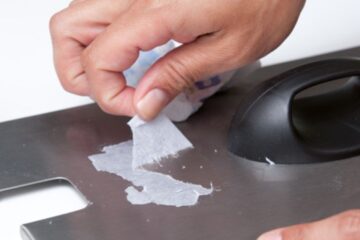Major depression is a mood disorder that affects millions of people worldwide. It is characterized by persistent feelings of sadness, hopelessness, and loss of interest in once enjoyable activities. Major depression can interfere with daily life and, in severe cases, can lead to suicidal thoughts or actions. Fortunately, there are effective treatments available for those who suffer from major depression.
The most common treatments for major depression include medication, psychotherapy, or a combination of both. Antidepressant medications work by altering the levels of neurotransmitters in the brain, while psychotherapy involves talking with a mental health professional to identify and address underlying issues that may be contributing to the depression. Other treatment options may include electroconvulsive therapy (ECT) or transcranial magnetic stimulation (TMS), which are typically reserved for those who have not responded to other treatments. It is important to note that not all treatments work for everyone, and it may take some trial and error to find the right combination of therapies for each individual. Major Depression Treatment encompasses a comprehensive approach to addressing the symptoms and underlying causes of major depression, offering individuals tailored support and interventions to help them manage their condition effectively and improve their quality of life.
Understanding Major Depression
Symptoms and Diagnosis
Major Depression, also known as clinical depression or major depressive disorder, is a mental health condition that affects a person’s mood, thoughts, and behavior. It is characterized by persistent feelings of sadness, hopelessness, and worthlessness, as well as a loss of interest in activities that were once enjoyable.
In order to be diagnosed with Major Depression, a person must experience symptoms for at least two weeks. These symptoms may include:
- Persistent feelings of sadness, emptiness, or hopelessness
- Loss of interest in activities once enjoyed
- Changes in appetite or weight
- Difficulty sleeping or oversleeping
- Fatigue or loss of energy
- Feelings of worthlessness or guilt
- Difficulty concentrating or making decisions
- Recurrent thoughts of death or suicide
A diagnosis of Major Depression is typically made by a mental health professional after a thorough evaluation, which may include a physical exam, psychological tests, and a review of the person’s medical history.
Epidemiology
Major Depression is a common mental health condition, affecting millions of people worldwide. According to the World Health Organization, it is the leading cause of disability globally.
In the United States, Major Depression affects approximately 17 million adults each year, or about 7% of the population. It is more common in women than in men, and tends to occur more frequently in younger adults than in older adults.
While the exact causes of Major Depression are not fully understood, it is believed to be a combination of genetic, biological, environmental, and psychological factors. It is important for individuals experiencing symptoms of Major Depression to seek professional help in order to receive an accurate diagnosis and appropriate treatment.
Treatment Approaches
Pharmacotherapy
Pharmacotherapy involves the use of medications to alleviate symptoms of major depression. Antidepressant medications are the most commonly prescribed drugs for treating depression. Selective serotonin reuptake inhibitors (SSRIs), serotonin-norepinephrine reuptake inhibitors (SNRIs), and tricyclic antidepressants (TCAs) are some of the commonly used antidepressants. It is essential to consult a mental health professional before taking any medication.
Psychotherapy
Psychotherapy or talk therapy is a form of treatment that involves talking with a mental health professional to identify and change negative thoughts and behaviors. Cognitive-behavioral therapy (CBT) is a type of psychotherapy that is commonly used to treat major depression. Other types of psychotherapy that may be used include interpersonal therapy (IPT) and psychodynamic therapy.
Electroconvulsive Therapy
Electroconvulsive therapy (ECT) involves the use of electrical currents to stimulate the brain. It is typically used in cases where other treatments have not been effective. ECT is administered under anesthesia and is generally safe and effective.
Alternative Treatments
Alternative treatments such as acupuncture, massage therapy, and herbal supplements may be used to treat major depression. However, there is limited scientific evidence to support the effectiveness of these treatments. It is important to consult a mental health professional before using any alternative treatment.
Lifestyle and Self-Care
Lifestyle changes and self-care can also be effective in treating major depression. Exercise, a healthy diet, and getting enough sleep can improve mood and reduce symptoms of depression. In addition, practicing relaxation techniques such as yoga and meditation can also be helpful. Overall, there are various treatment approaches available for major depression. It is important to consult a mental health professional to determine the most appropriate treatment plan.



